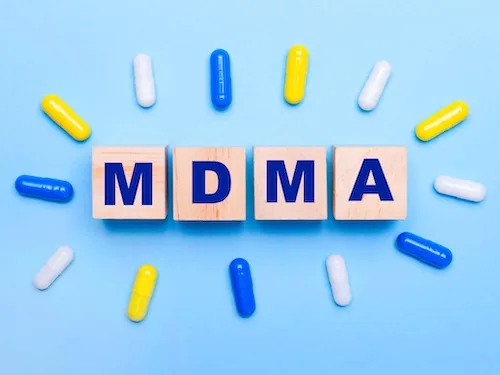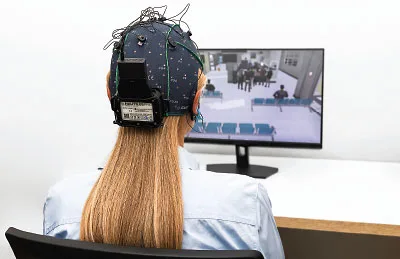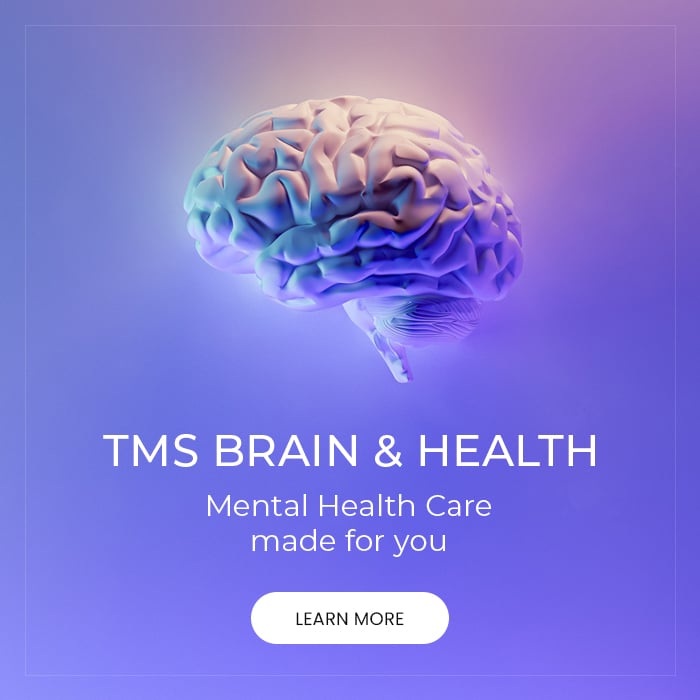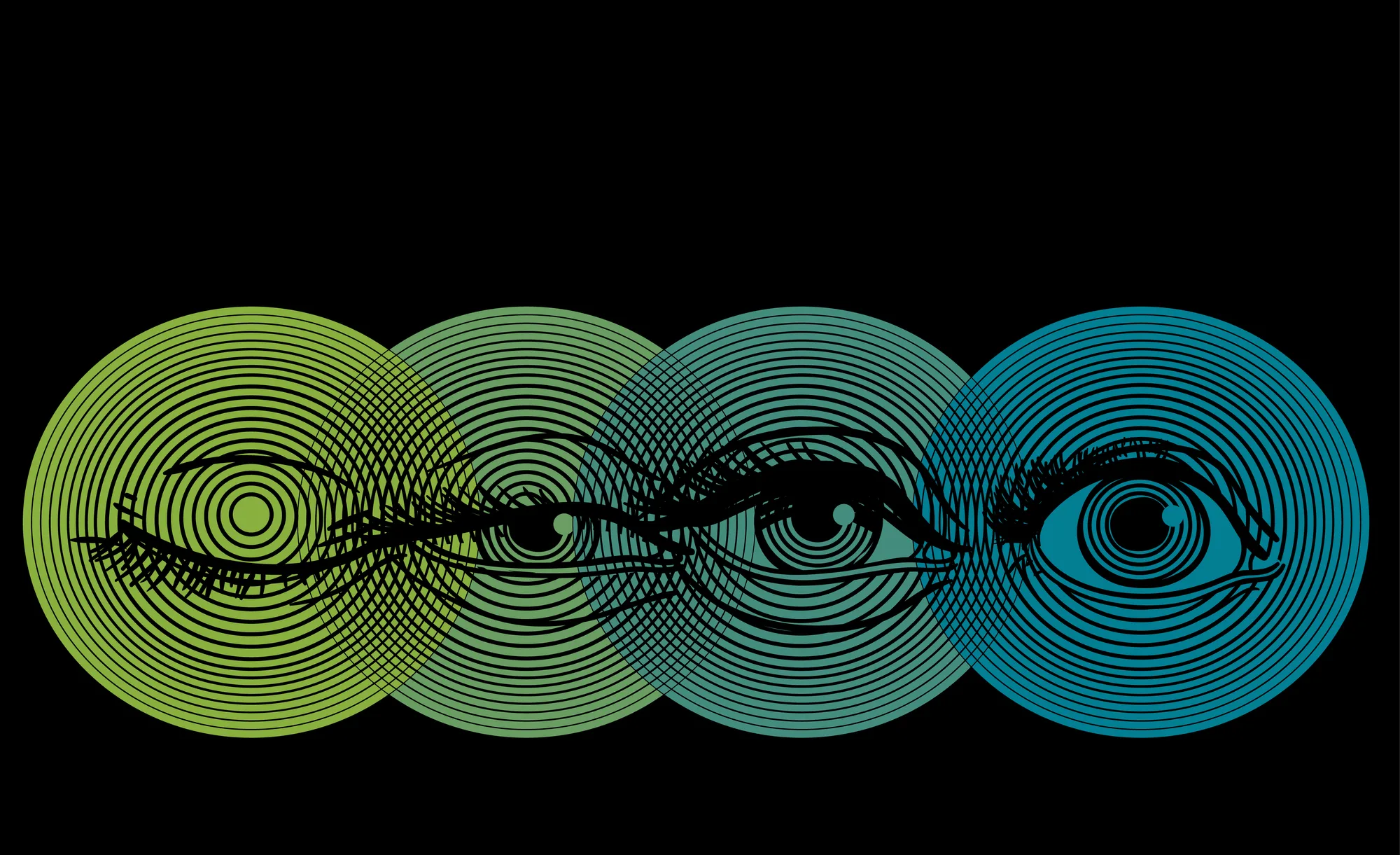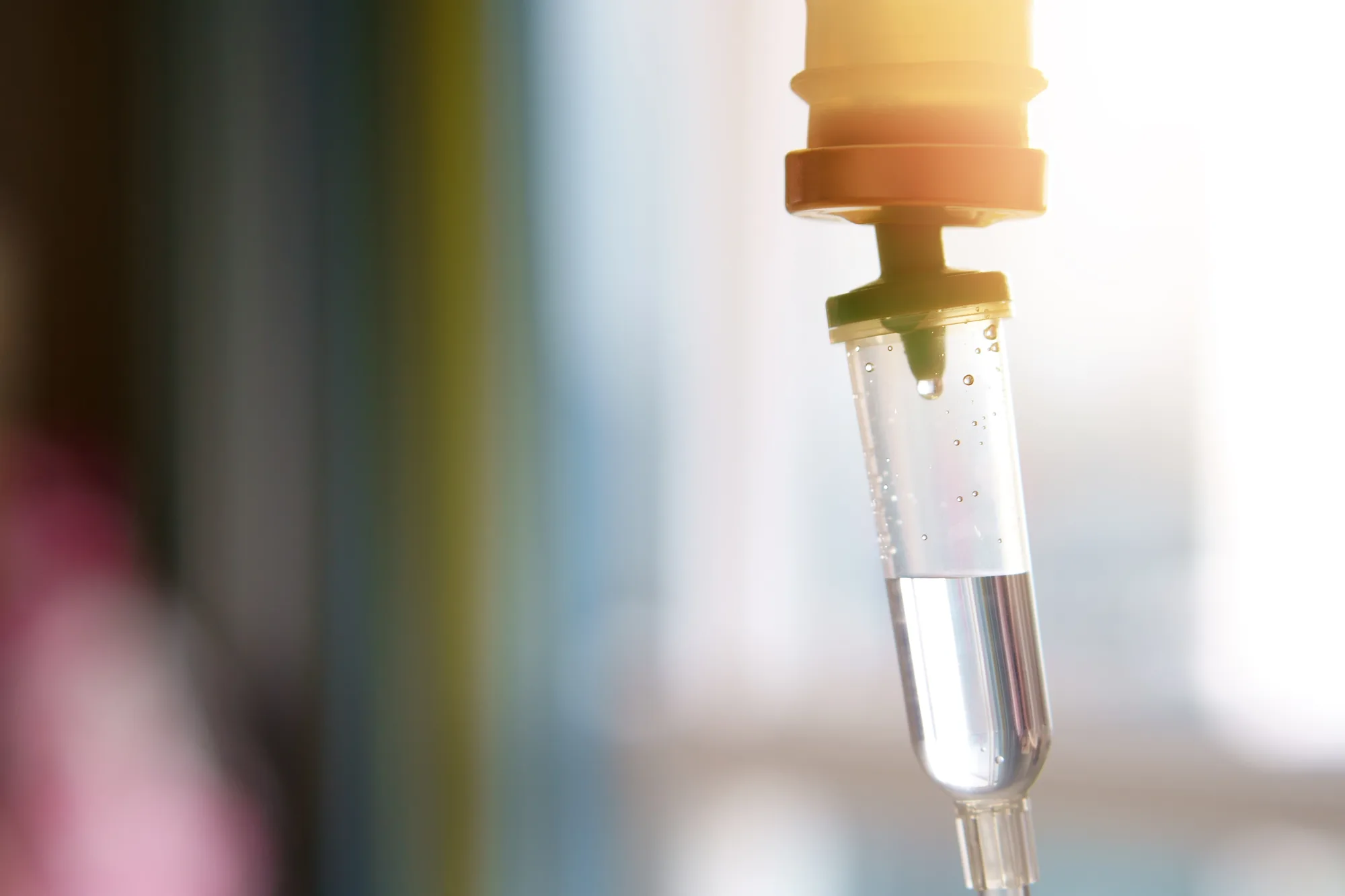Childbirth is a beautiful and exciting moment for new mothers and families. However, the birth of a new baby can also bring changes, stressors, and unexpected challenges into the mother’s life. Most women experience changes in mood shortly after childbirth that can last for a couple weeks; this is referred to as “baby blues.” Some new mothers, however, experience a more severe or longer-lasting depression known as postpartum depression, or PPD.
PPD is a form of major depression that can arise shortly before or after giving birth. The term perinatal depression is used to include maternal depression before the birth as well as postnatal depression. PPD is more common than you might think — up to 60% of women globally experience postpartum depression surrounding a childbirth. As many as one in eight women experience depression within the first six months following delivery.
PPD features intense feelings of sadness, anxiety, or despair that makes daily functioning and caring for the child difficult. It can last for many months or years, especially if untreated. The disorder often goes undiagnosed as it can take many forms and is associated with a time full of changes and new stressors. Other symptoms of PPD include:
- Feeling worthless or guilty
- Insomnia or hypersomnia
- Feeling overwhelmed or hopeless
- Intense mood swings or restlessness
- Easily irritable or fatigued
- Dramatic changes in diet or weight
- Loss of interest in previously enjoyed acitivites
- Lack of care for the child or refusing to breastfeed
- Memory problems or difficulty with decision-making
- Suicidal thoughts or thoughts of harming the baby
Risk Factors
There is no one cause of postpartum depression; a number of emotional, physical, and environmental factors can increase the likelihood of experiencing PPD after welcoming a child. Some risk factors include:
- Age of the mother at childbirth
- History of bipolar disorder or depression
- Birth complications from a previous pregnancy
- Number of prior children
- History of Premenstrual Dysphoric Disorder
- Lack of social support
- Marital conflict
- Low socioeconomic status
PPD Statistics
Estimations and observations of the prevalence of postpartum depression are likely to be lower than what is accurate, due to the likelihood of missed cases. However, data shows that it is a strikingly common experience.
Studies show that as many as 70-80% of women experience some form of mood disturbances after childbirth. Approximately 10 to 15% of women experience a more severe postpartum depression after delivery, and up to 0.2% develop a rare form of PPD known as postpartum psychosis. Typically, women who experience postpartum psychosis have a history of bipolar or psychotic disorders. Postpartum psychosis should be treated as a medical emergency as it has a larger risk of infanticide or suicide than other forms of the condition.
As for onset of PPD, it is estimated that 50% of women with PPD experience their first depressive episode after delivery. About 50% experience symptoms of depression during pregnancy. The American Association of Pediatrics reports that over 400,000 infants are born to mothers with depression every year. It is extremely important for women to assess their wellbeing during pregnancy and discuss depression screenings with a healthcare provider in order to identify symptoms early on. Diagnosing PPD and getting treatment early can make managing the disorder and recovery much easier.
Statistics can also help us determine one’s likelihood for developing PPD. Studies show that as many as 35% of people with a history of mood disorders, anxiety disorders, or depression are at higher risk to develop PPD; there is also a genetic risk factor that can be detected via a blood test. Additionally, mothers with a history of postpartum depression in previous deliveries are 10-15% more likely to develop the condition with subsequent children.
PPD in New Fathers
It’s important to know that mothers are not the only ones who can develop postpartum depression. Any new parents or caretakers can also experience episodes of depression immediately following the birth of a child. As many as 10% of new fathers face depression following childbirth, experiencing changes in eating or sleeping patterns, anxiety, sadness, fatigue, and depressed mood. This prevalence increases significantly for the partners of mothers with PPD. Up to 50% of partners to depressed mothers experience depression within one year. The risk increases for fathers young in age and those with financial struggles, a previous history of depression, and bad relationship experiences in the past.
New Alternative Treatment Option for PPD
Traditional treatments for PPD include therapy and standard antidepressants. Bespoke Treatment is one of the first clinics to offer Zulresso, a newly approved alternate treatment option for PPD that does not involve taking a daily medication.
Zulresso is the first and only medication to be FDA-approved specifically for postpartum depression. The treatment is administered intravenously for 60 continuous hours in a clinic. Clinical trials show that Zulresso provides rapid significant improvement in depression symptoms. The treatment is more likely to be successful when combined with another therapy such as CBT or group therapy, which is why we offer it as a part of a holistic treatment plan.
While TMS is yet to be approved for postpartum depression, numerous studies have found it be quite effective. The biggest advantage of TMS compared to Zulresso is that TMS is a rare more affordable intervention that doesn’t require an overnight stay for treatment. Additionally, mothers are able to continue breastfeeding when they undergo TMS, but they must “pump and dump” during a 60-hour Zulresso infusion.
When left untreated, postpartum depression can become more severe or lead to serious complications that can affect parent-to-child bonding or lead to neglect of personal care and care for the baby. It’s important that new mothers experiencing depression assess their options and get help immediately. With the ability to provide long-lasting relief without daily medication, Zulresso is a groundbreaking discovery in PPD treatment.


